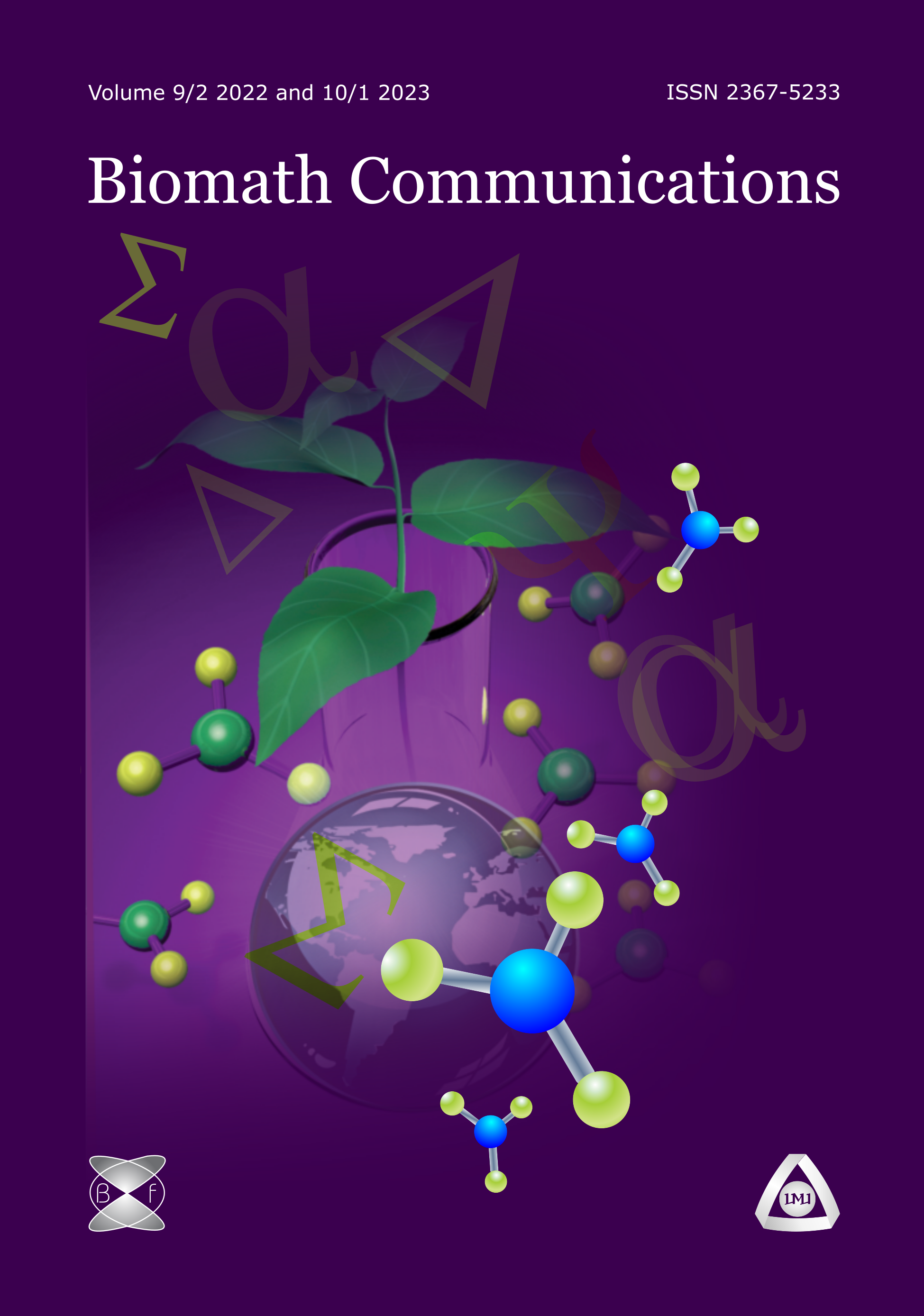On the Models of Metapopulations with Overcolonization
DOI:
https://doi.org/10.11145/290Abstract
We consider ODE-meanfield as well as cellular automaton models of some two-species metapopulations (species fight for territory). The competing species can colonize not only empty patches but also overcolonize those which are occupied by the other. After a short summary of some single-species models, we investigate ODE models with overcolonization, in which no hierarchy is assumed between the competitors. We present results on the dynamics of the models. We give conditions for colonization and extinction strategies that either guarantee or exclude stability of the coexistence. We show that there can even appear unstable coexisting equilibrium.
Then, we show experimental results (using Wolfram Mathematica) for stochastic cellular automata models of some aggressively spreading species, in particular some parasites, and compare our models with our field data concerning some Cuscuta species. Simulations give us a lot of information on special properties such as aggregation, diffusion, properties of the boundary of patches.
Downloads
Published
Issue
Section
License
The journal Biomath Communications is an open access journal. All published articles are immeditely available online and the respective DOI link activated. All articles can be access for free and no reader registration of any sort is required. No fees are charged to authors for article submission or processing. Online publications are funded through volunteer work, donations and grants.
Authors who publish with this journal agree to the following terms:
- Authors retain copyright and grant the journal right of first publication with the work simultaneously licensed under a Creative Commons Attribution License 4.0 that allows others to share the work with an acknowledgement of the work's authorship and initial publication in this journal.
- Authors are able to enter into separate, additional contractual arrangements for the non-exclusive distribution of the journal's published version of the work (e.g., post it to an institutional repository or publish it in a book), with an acknowledgement of its initial publication in this journal.
- Authors are permitted and encouraged to post their work online (e.g., in institutional repositories or on their website) prior to and during the submission process, as it can lead to productive exchanges, as well as earlier and greater citation of published work (See The Effect of Open Access).

